Dear Families,
The importance of Reading
Earlier this term, there was a substantial amount of media coverage when students in Years 3, 5, 7 and 9 across Australia, undertook NAPLAN testing. Tomorrow, the First Semester Reports will be distributed (which I provide comment on below). Subsequently, there is quite a focus on assessing and testing. I therefore offer a timely reminder of the importance of reading and viewing for student learning and progress and to remember that no two students learn the same, or at the same level.
Please ensure that your children continue to read (or if they are not able to yet, read to them) every day; as every opportunity counts. Children reading to themselves is beneficial, but reading aloud to an adult involves different reading skills. This shows when a child displays correct pace, fluency and use of expression which makes a story engaging and entertaining (yes, it will come). Whichever level they are in their reading, ask them about what they have read, what clues did the author give to help this thinking and what questions does the reader have about the text which may or may not be answered during further reading.
Many children master the 'mechanics' of reading (word decoding), but this reading is somewhat pointless, unless one understands what the author is trying to convey (that means you must listen carefully to ask the questions that help determine whether your child has truly understood what they have just read).
We are all well aware that the skill of reading is one of the most important we teach our children. It is a life skill that enables them to extend their concepts, gain information as the basis for other learning and to gain access to the magical world of fantasy and fiction.
Learning to read is about listening and understanding, as well as working out what's printed on the page. This helps children build their own vocabulary and improve their understanding when they listen; which is vital as they start to read.
First Semester Reports
The First Semester Reports will be distributed tomorrow, Friday 1 July. The Student Reports emphasise the learning that students have demonstrated this semester and aim to give parents/caregivers, a clearer picture of a student’s educational progress to date. The reports are designed to give families a picture of their child’s progress across all learning areas as well as highlighting their level of effort, behaviour and social/emotional development.
Learning and teaching take place throughout the year and so does the assessment of the learning. I am encouraging families to look at the ‘effort’ section before taking a look at the grades. It is important to look at reports as a measure of their own individual learning journey and not as a comparison to one another or their friends’ development.
For Reception students, the Semester One Reception Reports do not include an academic grade; the focus is on the application. The End of Year Reception Reports will include the academic grade and the application.
Families can use the Report to celebrate successes and identify ways to support their child. A student’s report is only one of many ways that schools keep families informed about student progress. I trust all families are aware that if they have questions about what their child is learning or how to help their child learn at home, they can come to school and discuss them with his or her teacher/s; keeping in mind that Parent/Teacher Interviews are scheduled for next week (see below).
Parent/Teacher Interviews, Week 10
As has been promoted, Parent/Teacher Interviews will be occurring face-to-face, in your child’s classroom next week; that is Monday 4 July until Thursday 7 July. If you would prefer to have a phone conversation instead, please advise your child’s class teacher, and you will be contacted at your assigned time.
National Consistent Collection of Data (NCCD)
With the support of Marie Polvere (Inclusive Education Coordinator) the teaching staff are collecting evidence and providing information for the NCCD. The NCCD on school students with disability takes place every year (August). The NCCD is a compilation that counts: the number of school students receiving an adjustment or ‘assistance’ due to ‘disability’; and the level of adjustment they are receiving to access education on the same basis as other students.
Students are counted in the NCCD if they receive ongoing adjustments at school due to disability. This ‘assistance’ allows them to access education on the same basis as a child without disability.
All schools in Australia must collect information about students with disability. The NCCD ensures that the information collected is transparent, consistent and reliable; provides better information that improves understanding of students with disability; and allows parents, guardians, carers, teachers, principals, education authorities and government to better support students with disability.
For further information, the NCCD website provides a fact sheet for parents/carers, which can be accessed from the following link: https://www.nccd.edu.au/sites/default/files/fact%20sheet%20for%20parents%20guardians%20and%20carers.pdf
Farewell, Dora Cavuoto
Dora will officially be retiring at the end of this term, after 46 years in Catholic Education. During this time, Dora has had many different roles, including; classroom and language teacher, enrolments and marketing officer, responsible for administration and WHS.
In the 46 years that Dora has been involved in Catholic Education, Dora has spent many years at St Joseph’s Payneham. As you can imagine, Dora has seen a lot of change across the years, and made a positive difference to many lives.
For those of you who know Dora well, you will appreciate that she is hard-working, passionate, reliable, and gets the job done!
At Assembly today, we had the opportunity to acknowledge Dora’s work at Payneham. We will certainly miss Dora; however, as we are still yet to find a WHS Officer, Dora has kindly accepted to help us out and work here on a casual basis for the time-being. So, we’ll see Dora for a little while longer.
Thank you, Dora, for all you have contributed to St Joseph’s Payneham!
Refugee Week and the Ration Challenge Last week was Refugee Week
It is important to recognise the fact that refugees from around the world have settled into Australia for many years now, contributing significantly to Australian culture and life.
Tying in with Refugee Week, and as part of the study unit for Humanities and Social Sciences, as well as Religious Education, some Year 6 students and teachers, participated in the ‘Ration Challenge’. In essence, they consumed the same rations as a Syrian refugee in a camp in Jordan – just a small amount of rice, flour, lentils, chickpeas, beans, fish and oil. Impressively, the ‘Ration Challenge’, from our school alone to date, has raised over $8000 – to support those fleeing violence and conflict. Thank you for your generosity.
Supervision Before School
Supervision in the yard commences at 8:30am – there is no staff member on yard duty before this time. Also, if entering the school grounds via the Marian Road entrance in the mornings, (unless accessing OSHC) the gate to be used is the one by the artificial oval, which is opened by a staff member at 8:30am.
Driving safely around the school
I urge all members of the community to travel slowly, no faster than 25 km/h, when in close proximity to the school, during drop-off and pick-up times, when many children and families are present. I understand we all have places that we need to reach; however, the safety of all is the first priority.
School Uniform and School Photos, 2022
As I mentioned in the last Parent Newsletter, thank you for having your children wear the correct school uniform. The students look smart and professional when wearing the right attire. A reminder that students are able to wear a navy or dark blue rain jacket or parka during Term Two and Three, when conditions are cooler. Additionally, the Uniform Committee, in liaison with School Board is discussing a new school uniform for St Joseph’s Payneham in the future. We’ll keep you updated of developments.
Also, advance notice of School Photo dates, which will be happening early in Term Three:
· R-6 students, photos will be occurring on Tuesday 9 August; and
· Preschool children, photos are scheduled for either 16 or 18 August.
New Music/Performing Arts teacher
With Emma Hills going on maternity leave, expecting her second child, we have a new Music/Performing Arts teacher – Jane McDowell. Jane comes to us from Settlers Farm Primary School, where she is currently the Arts teacher. Jane will commence in Semester Two.
Conclusion of Term Two and Start of Term Three
As this is the last Parent Newsletter for Term Two, I wish you well for the two-week Winter break. Whilst the holidays are an opportunity for added family time and respite from the day-to-day routines, it is important to continue the daily reading (see above). As we know the more children read, the greater exposure they have to a wider range of vocabulary. Moreover, children are more likely to be better at spelling, writing and to articulate their thinking.
Please note that Term Two finishes on Friday 8 July at 3:00pm – this is also a Casual Clothes Day. Term Three commences on Monday 25 July 2022 at 8:45am.
Congratulations
Lastly, I share with you the following ‘good news’ and offer my best wishes to: - The Hoxha family (Enis, 4R) on the birth of a baby girl, ‘Elsa’.
Wishing you well!
Simon Mechis

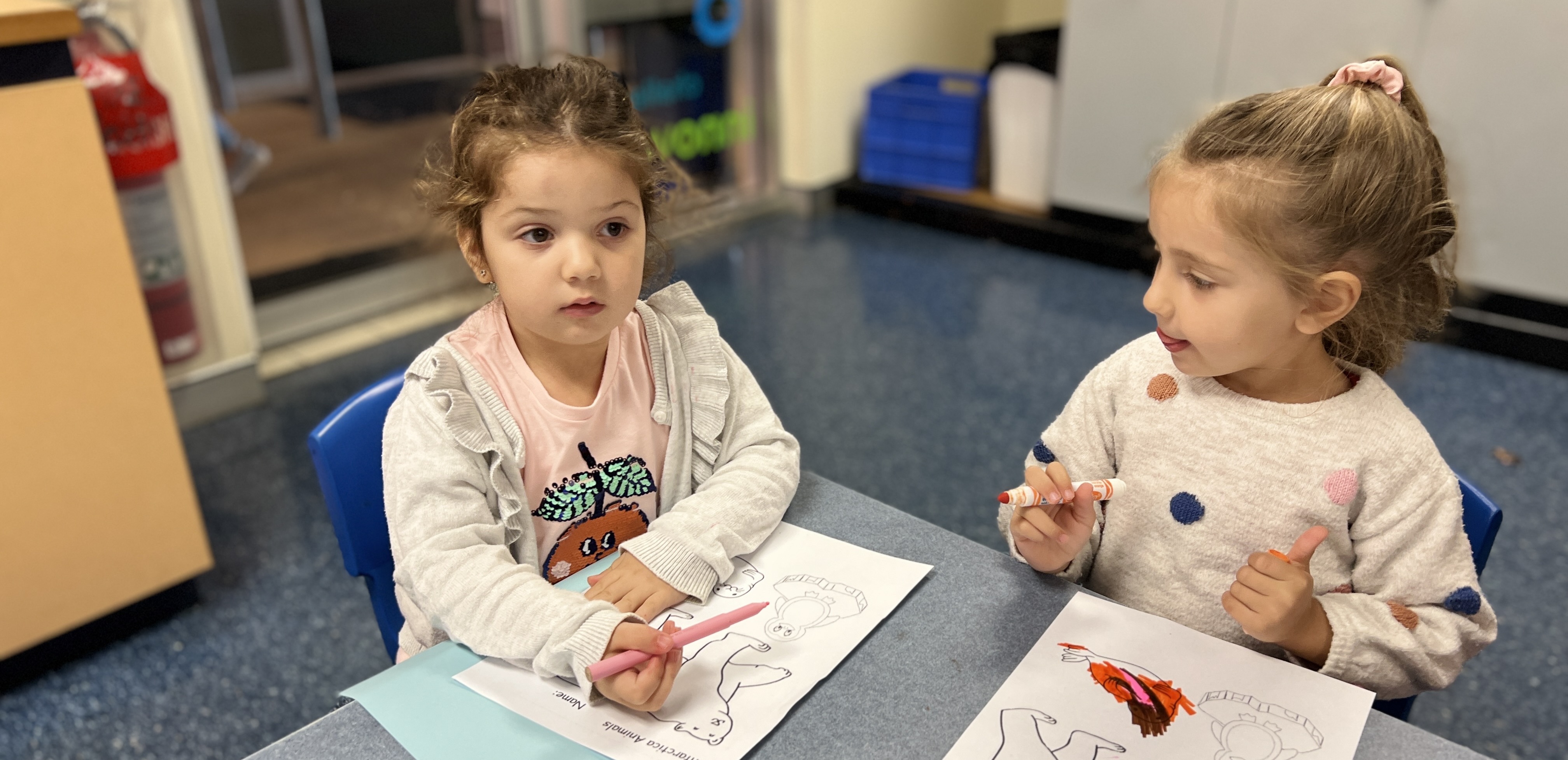
 bookings must be made each week via Qkr App.
bookings must be made each week via Qkr App.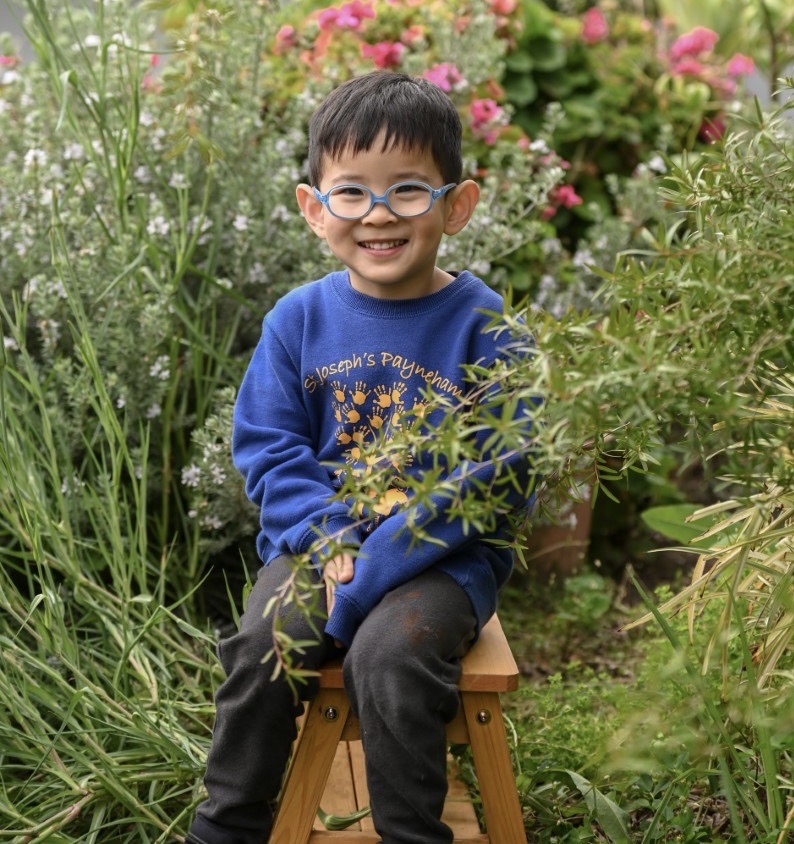
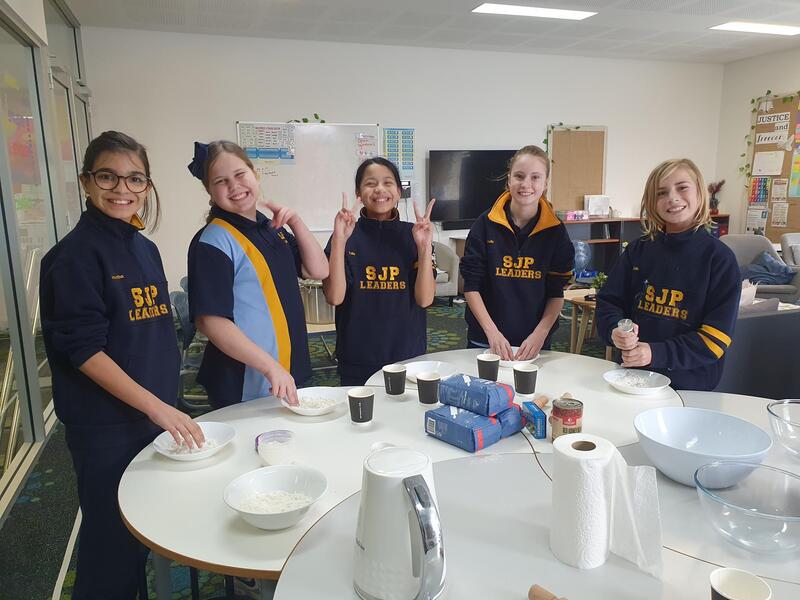
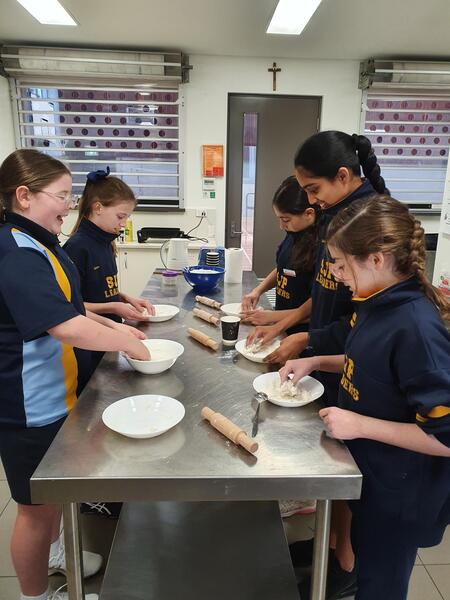
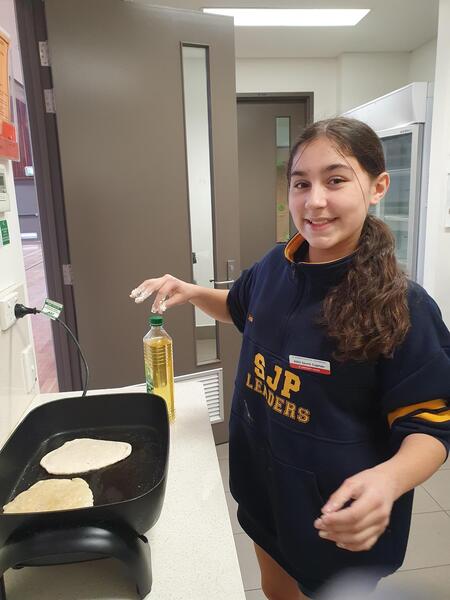
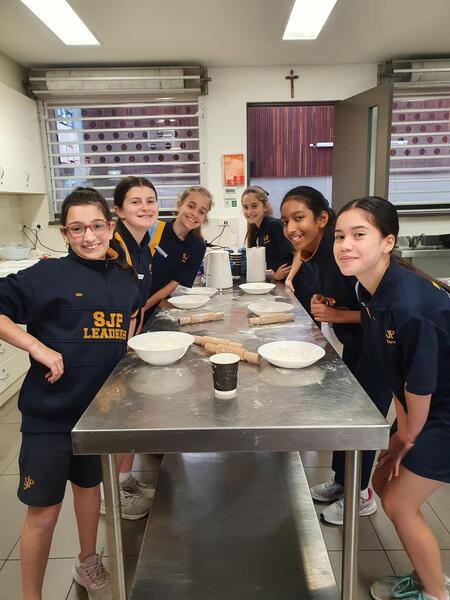
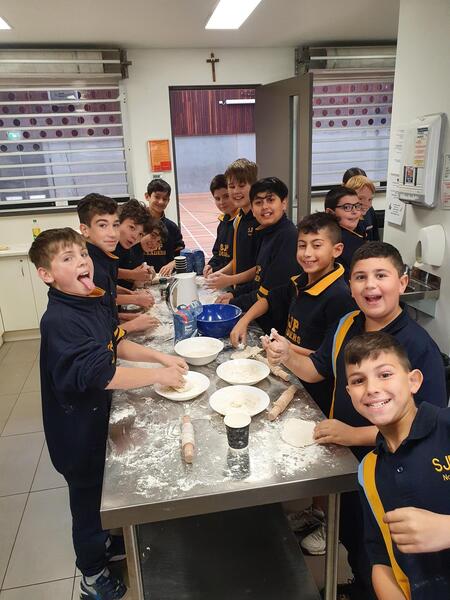
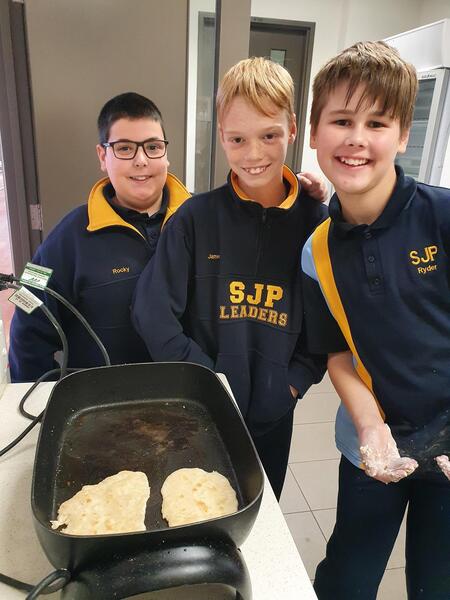
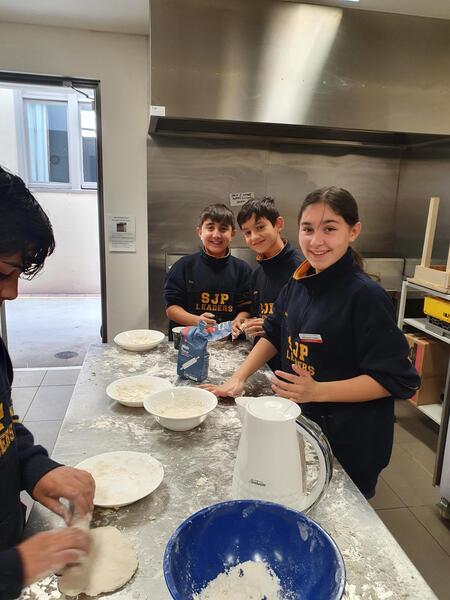
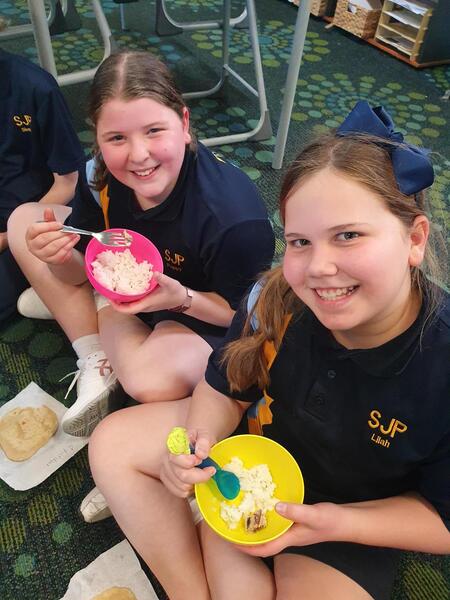
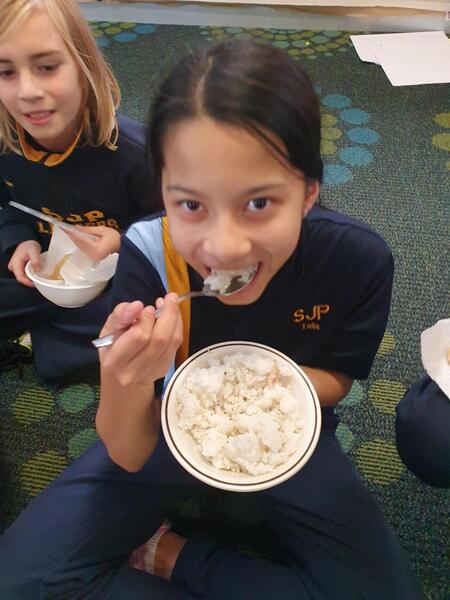
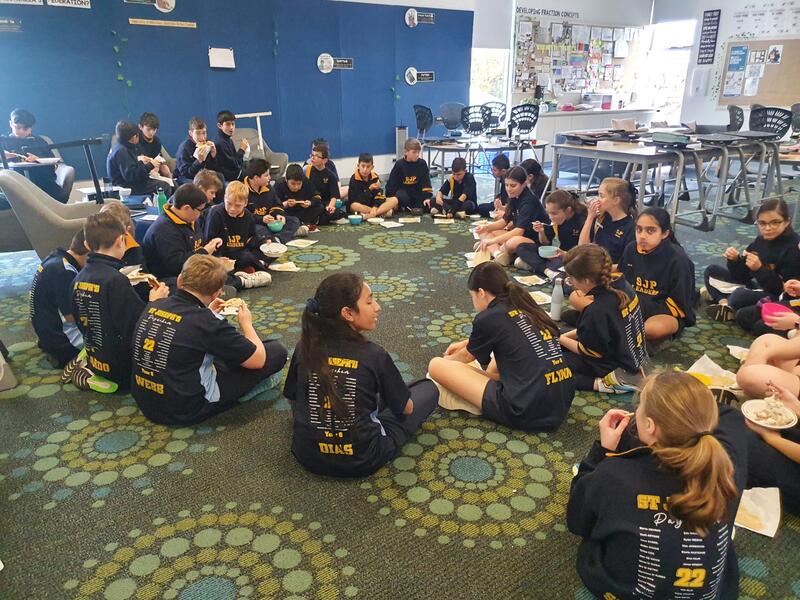
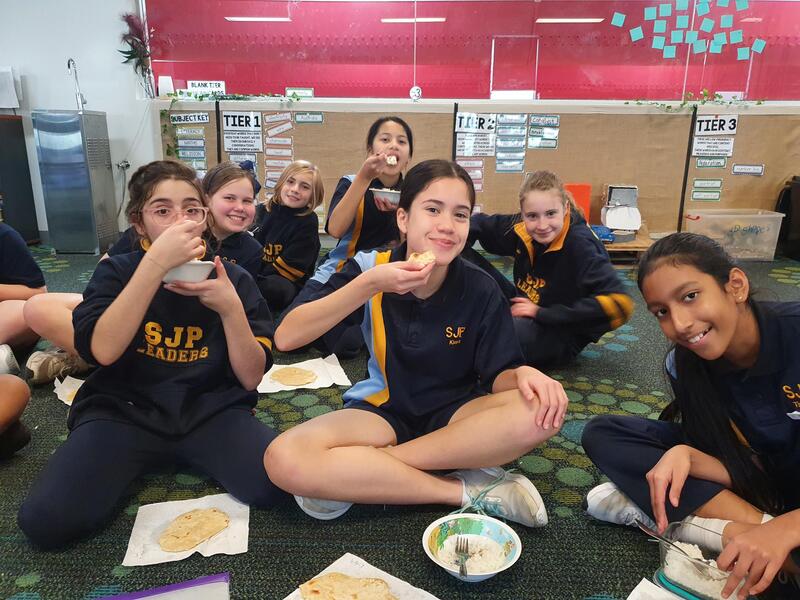
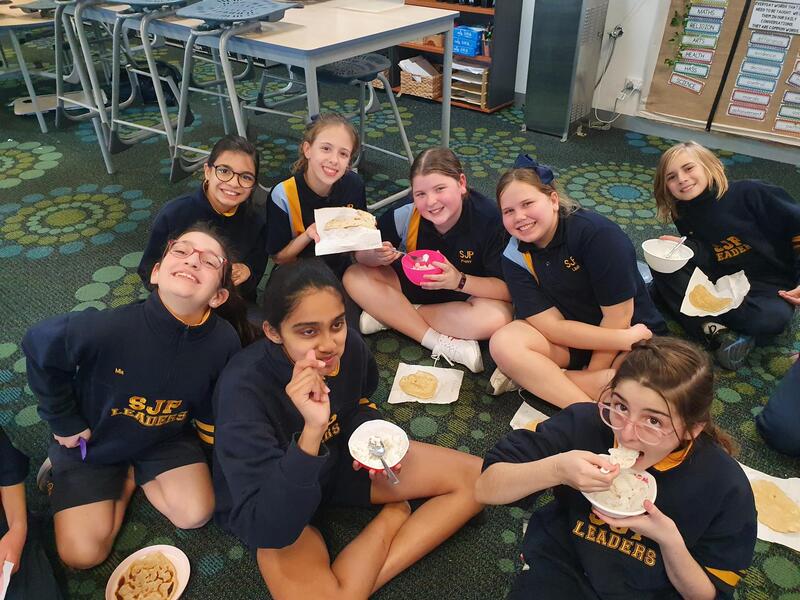
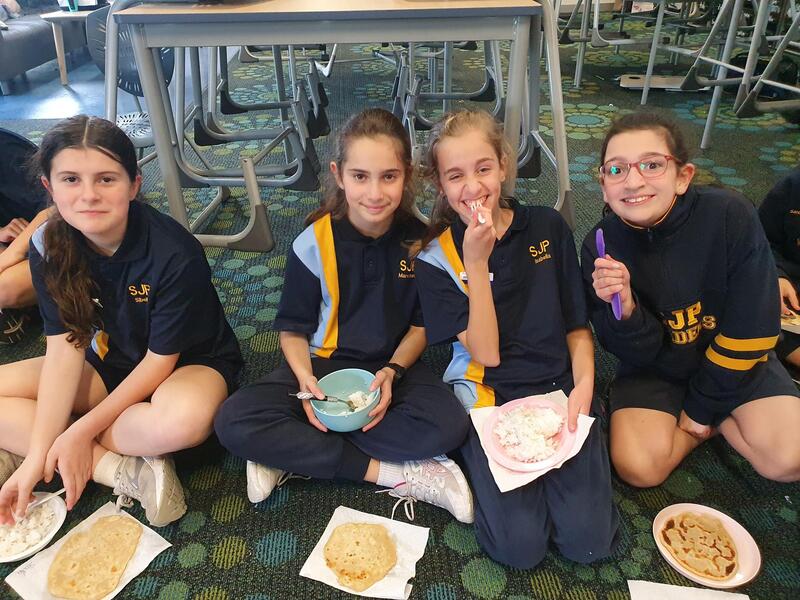
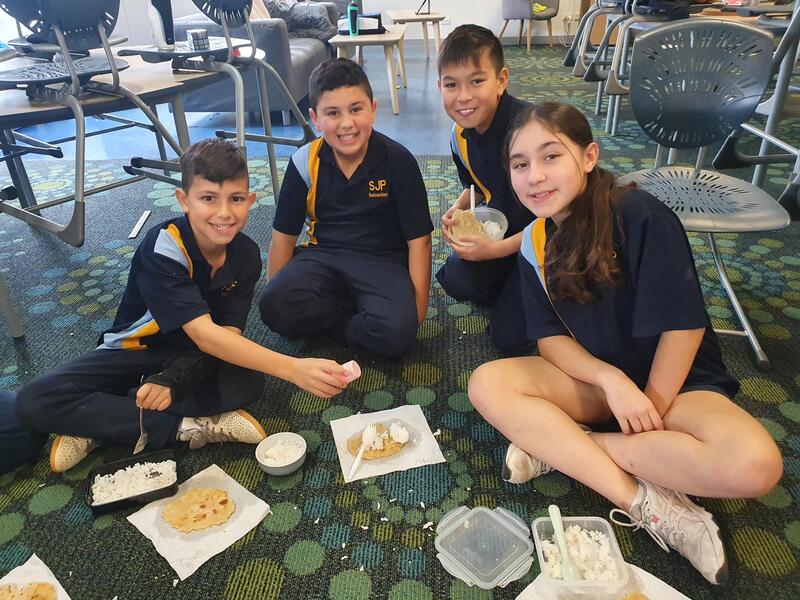
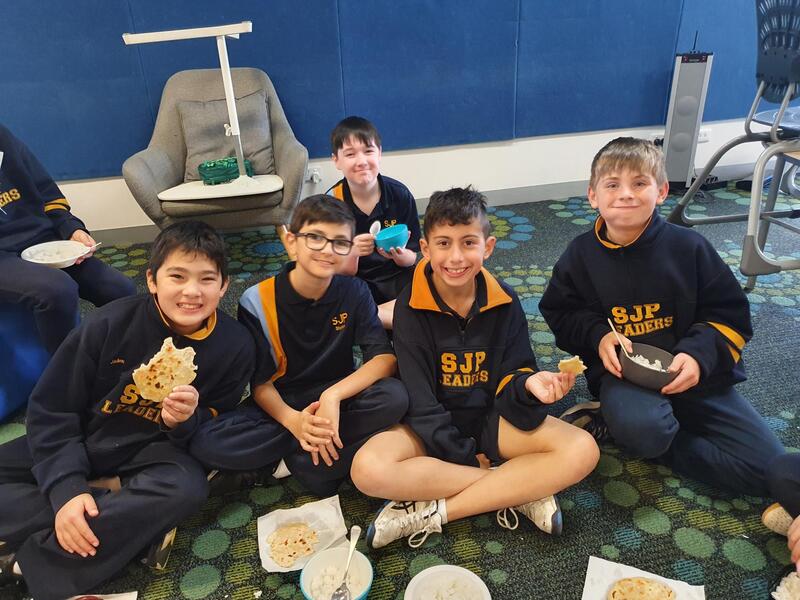
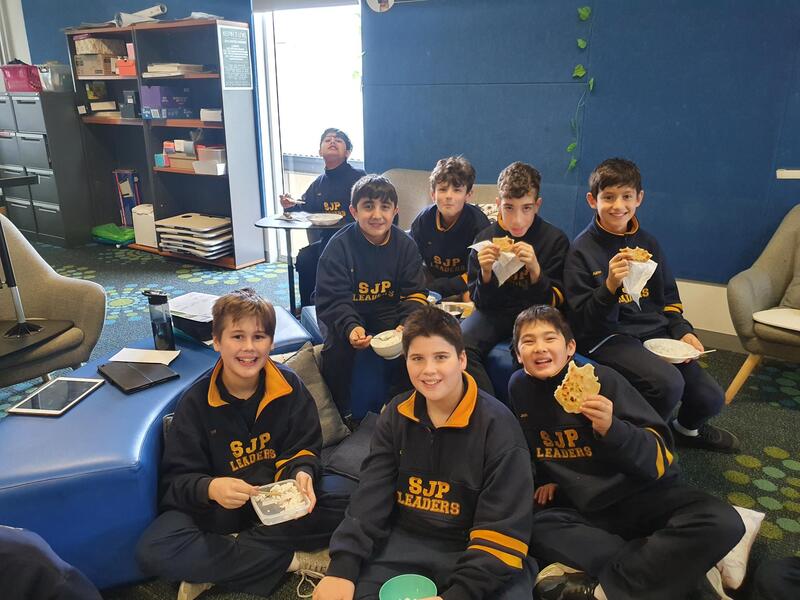
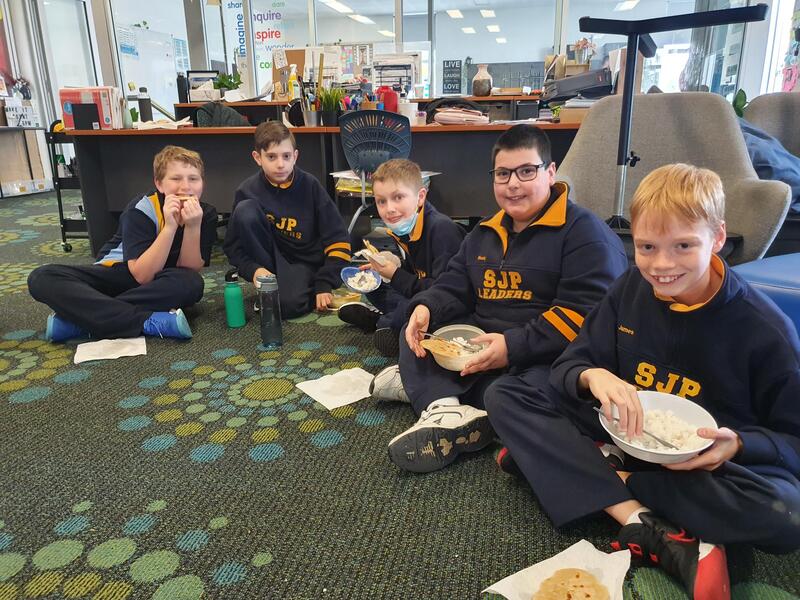
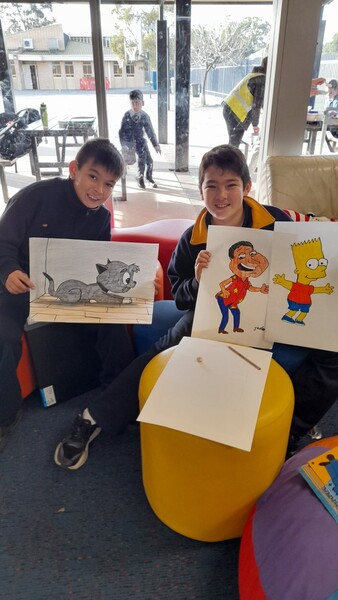
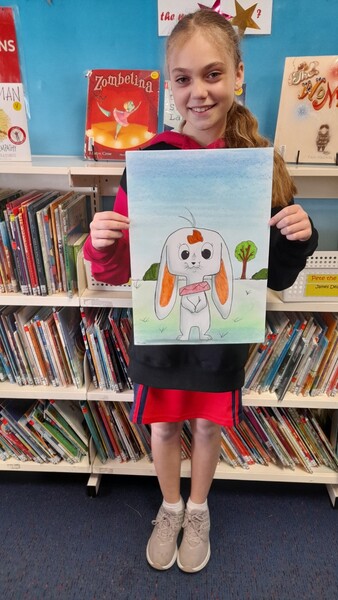
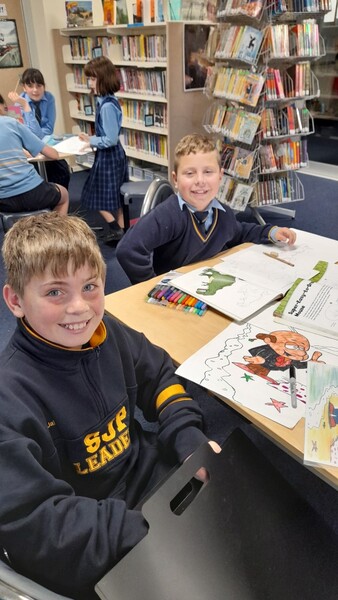
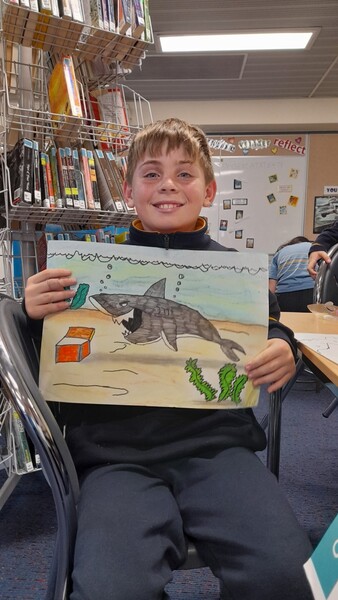
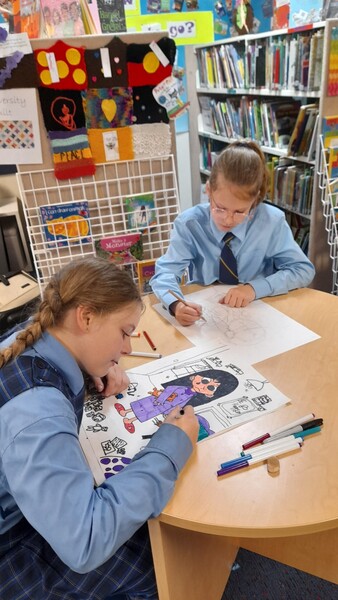
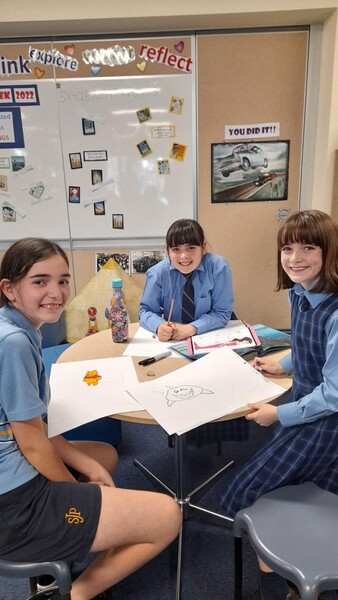
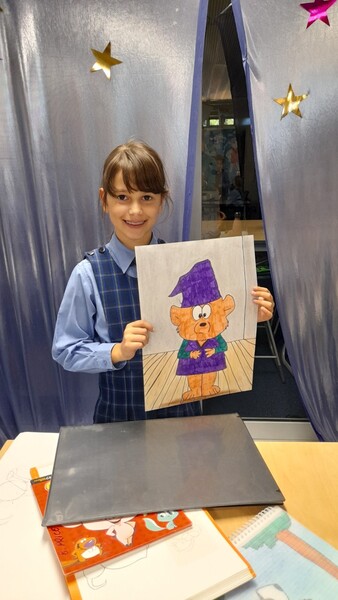

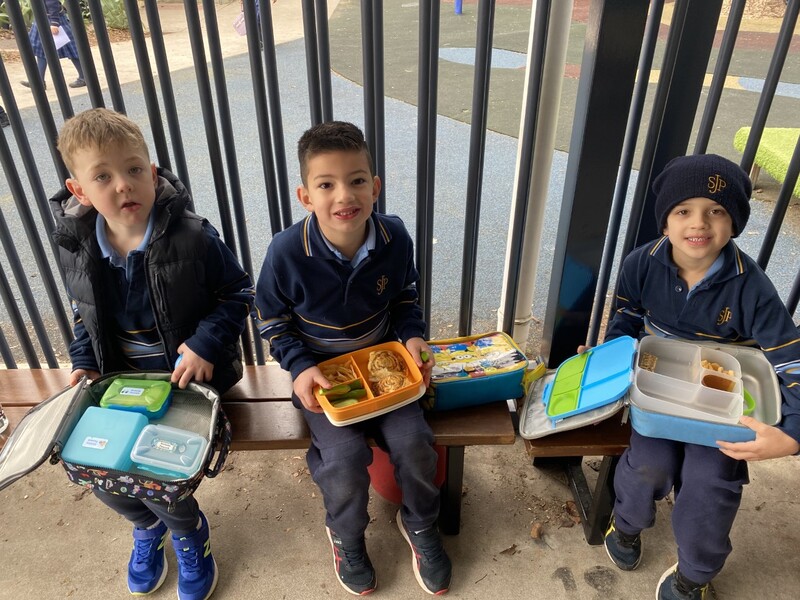

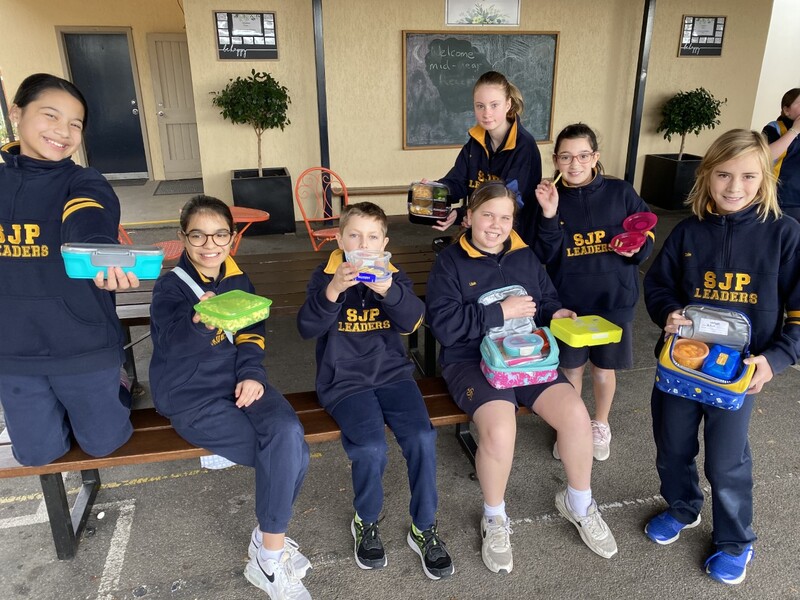
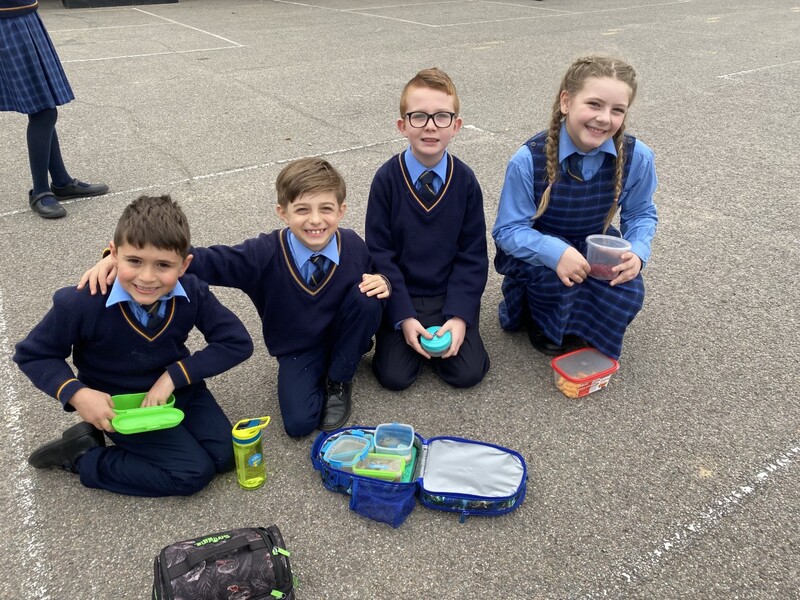
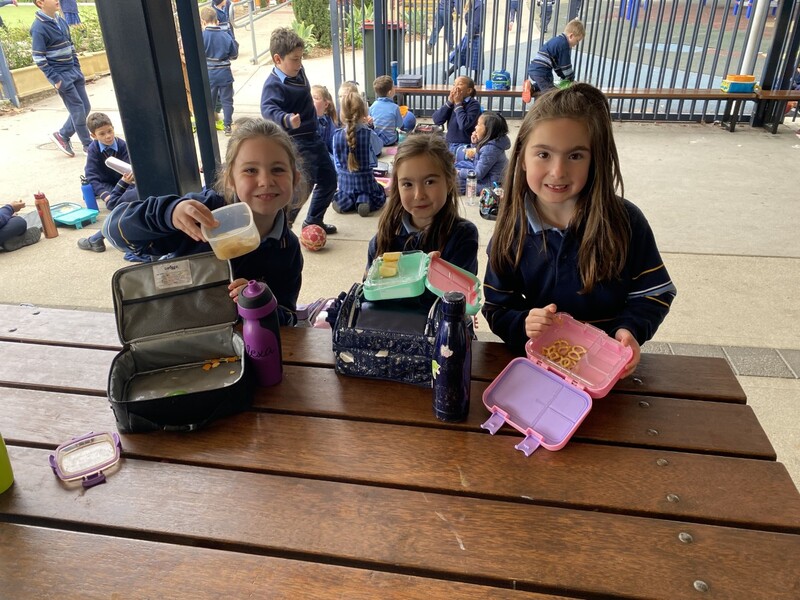
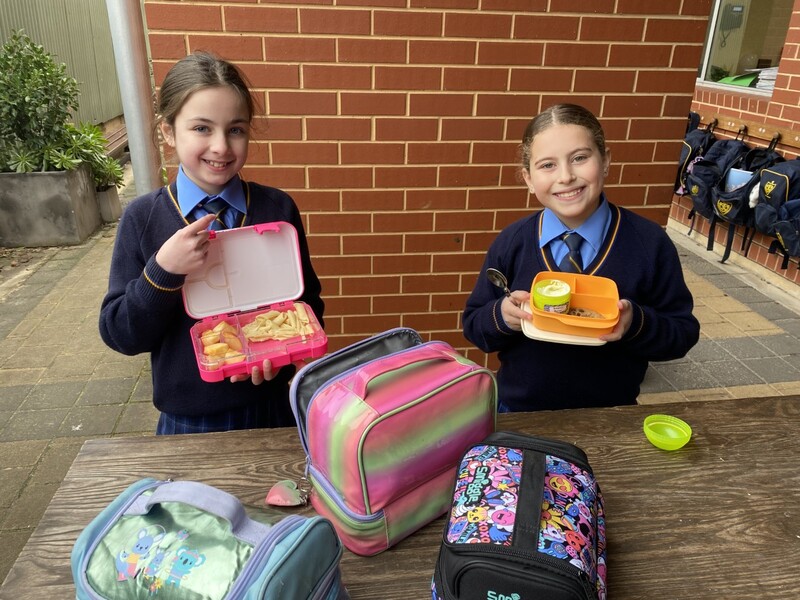
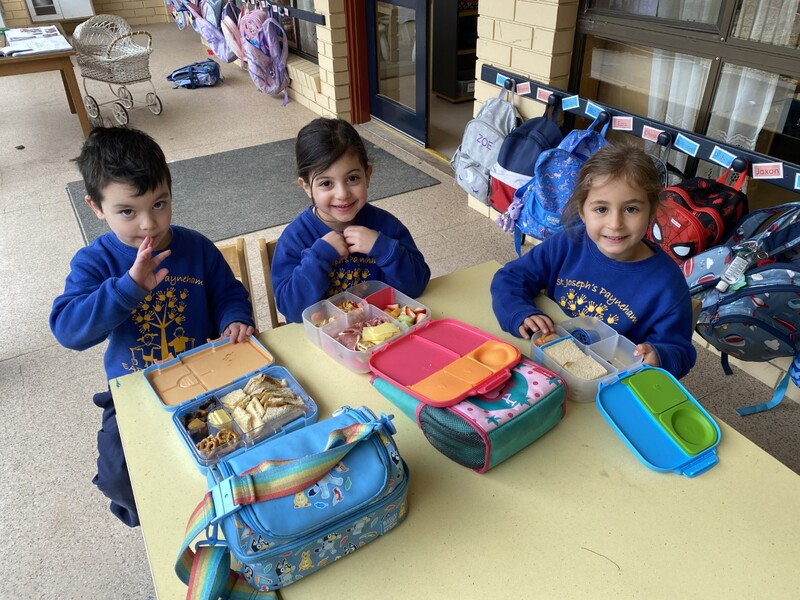
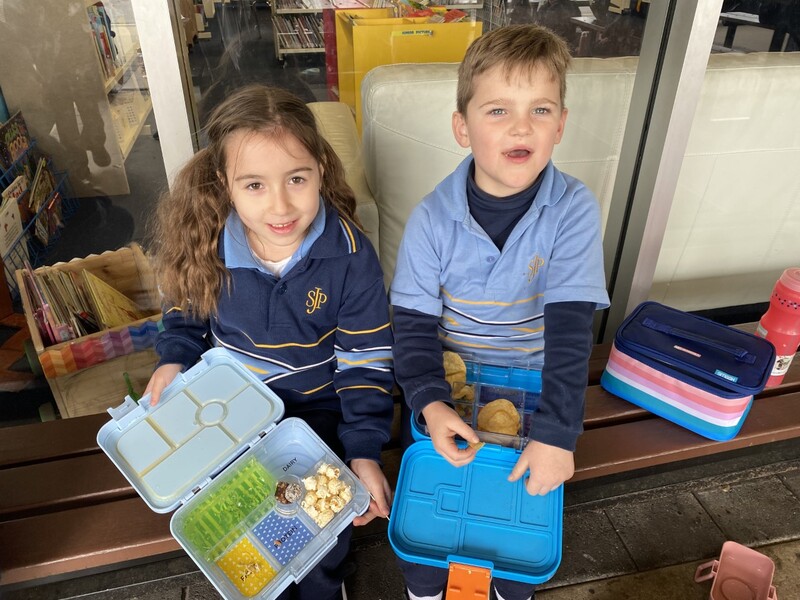
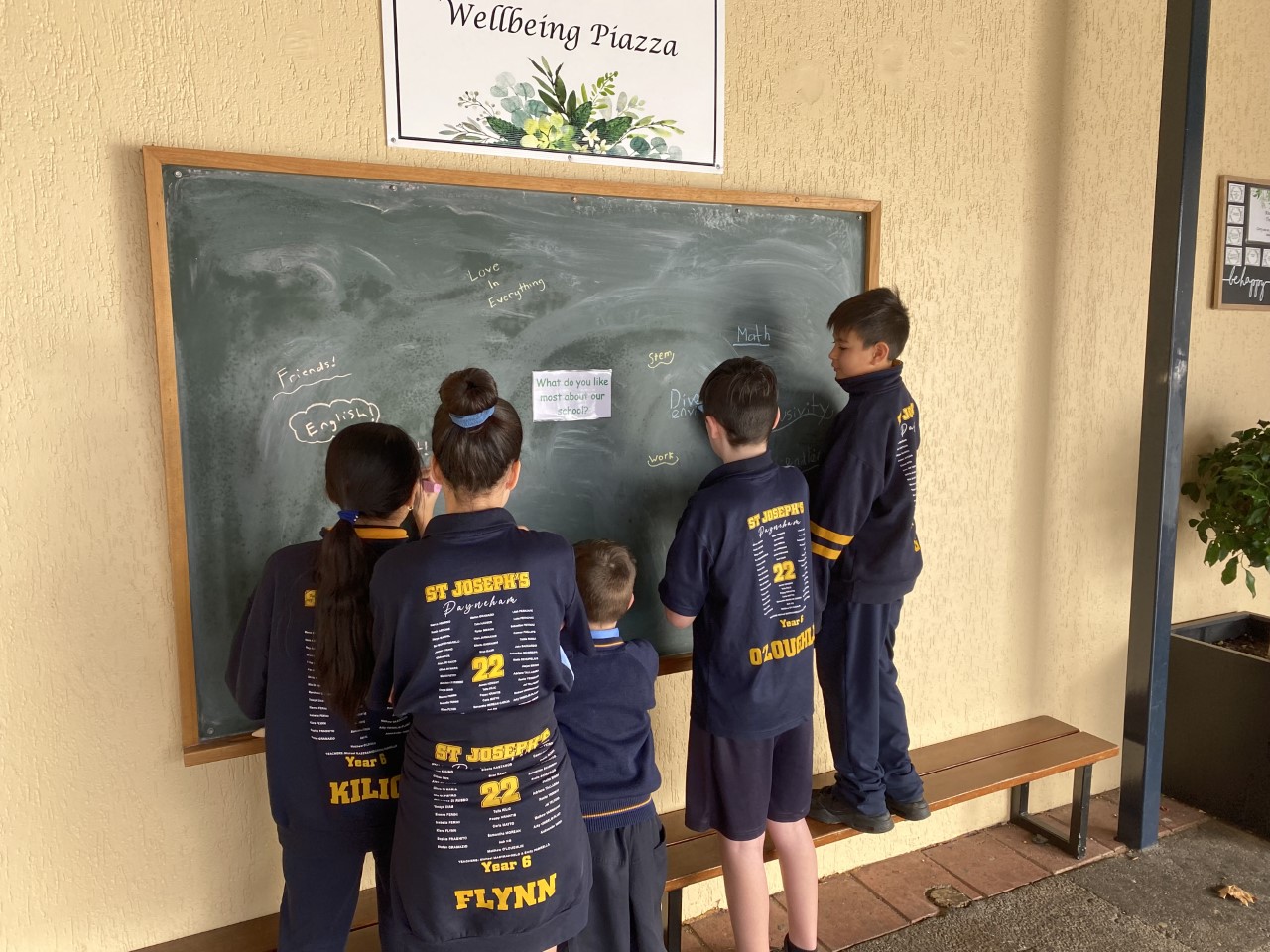
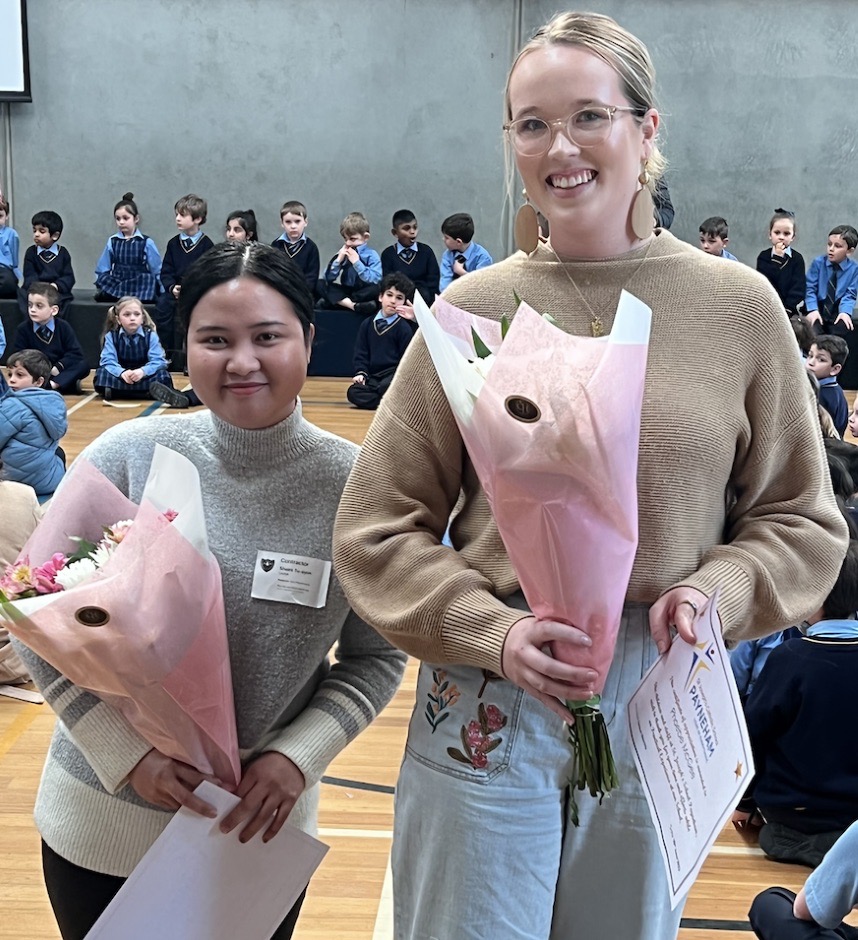
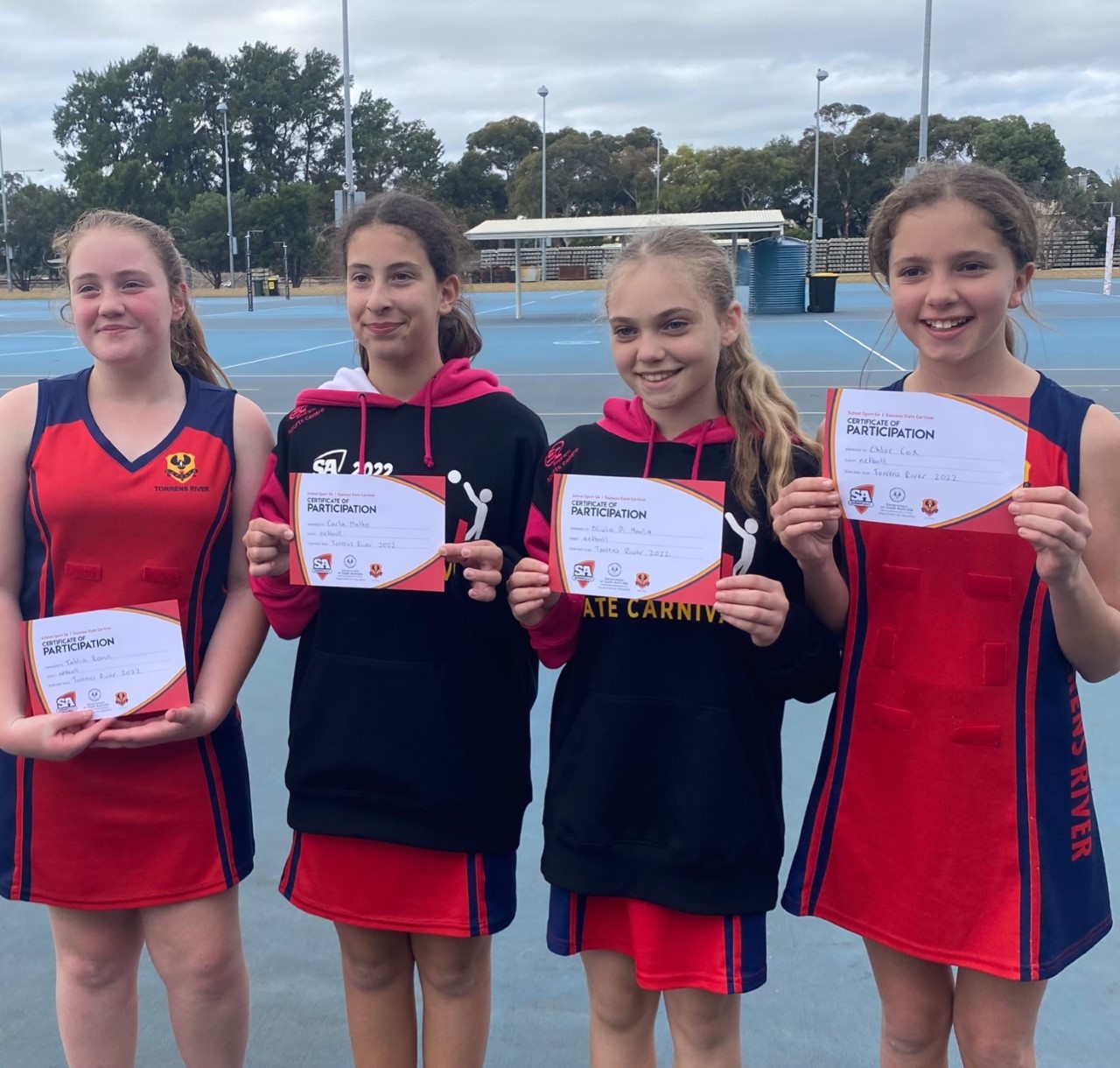
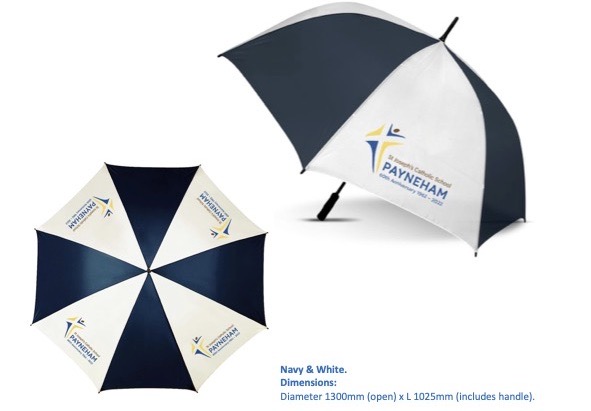
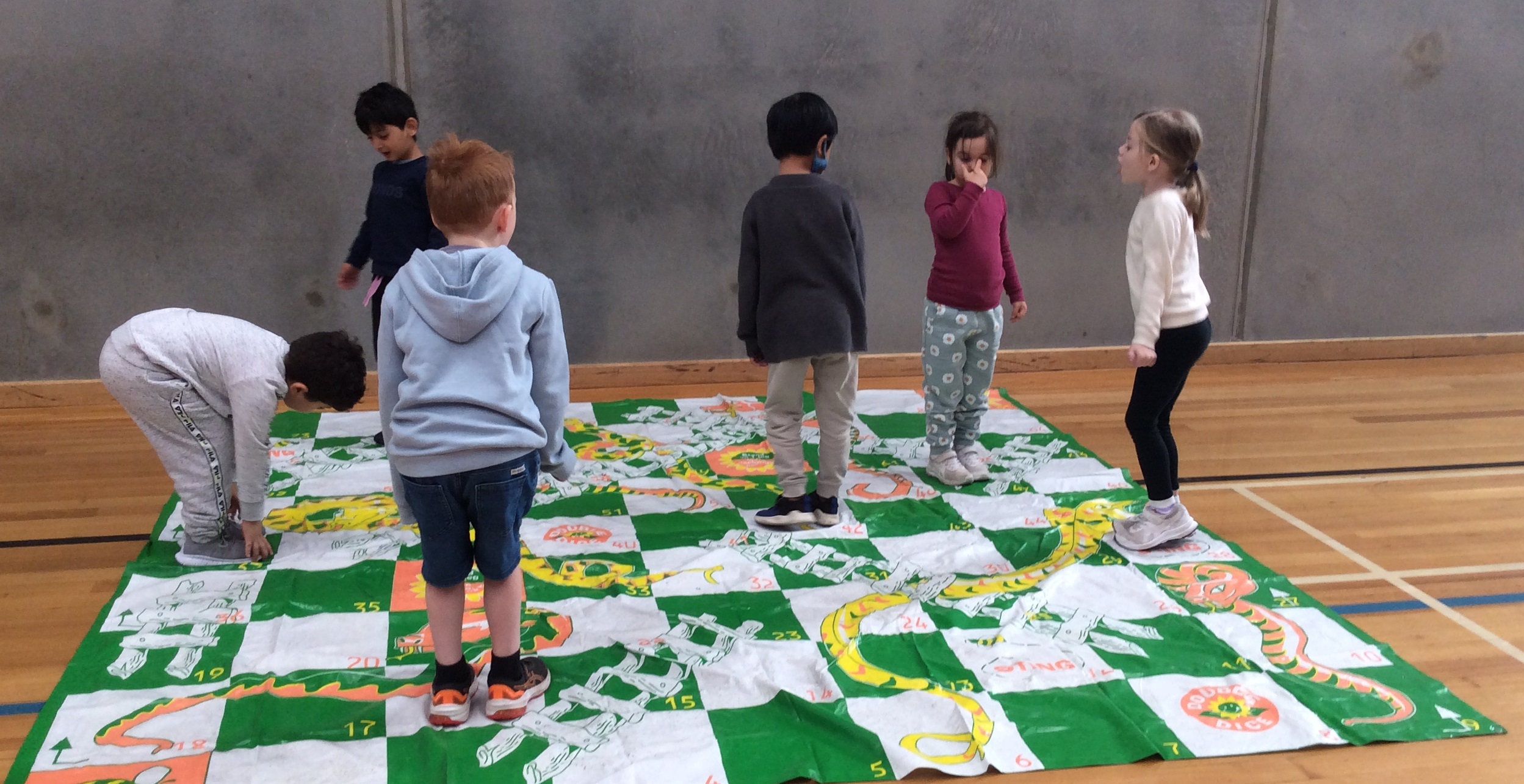



Social